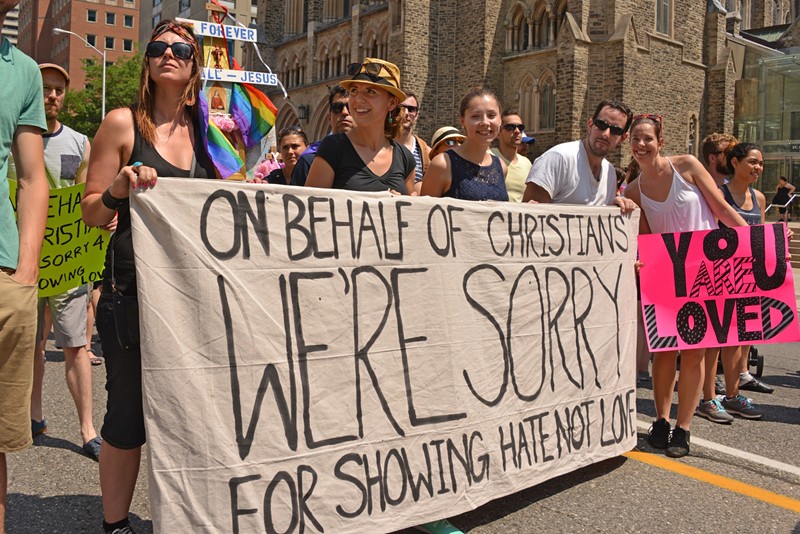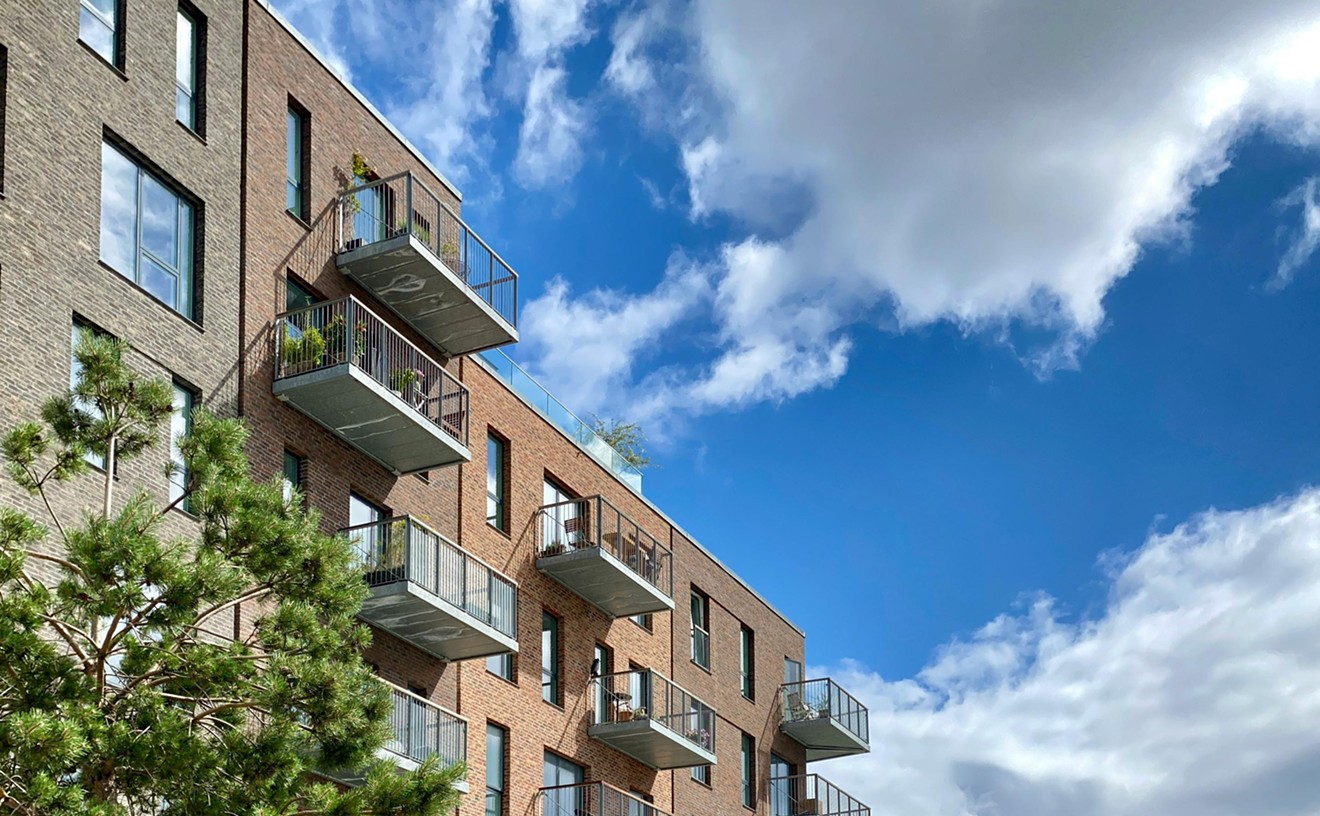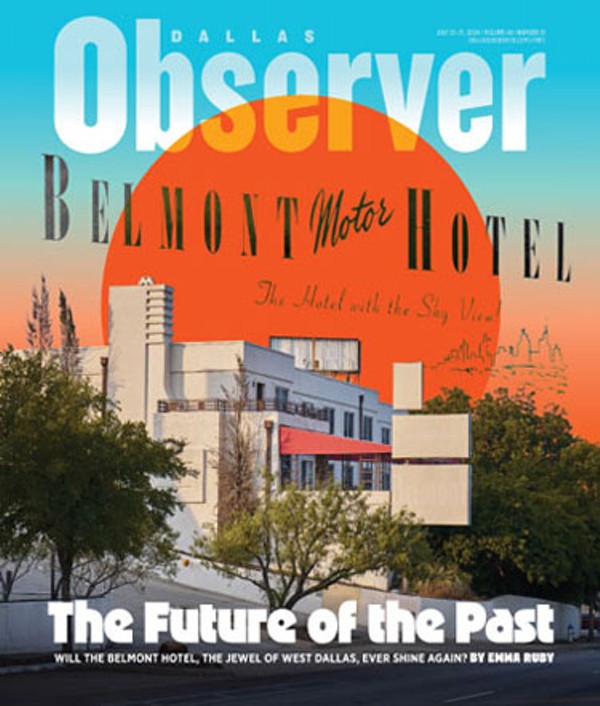Senate Bill 17 would bar state license-granting agencies from taking action against an occupational license holder "based on a sincerely held religious belief." The bill passed the Senate State Affairs Committee by a 7-1 vote.
Dozens of activists, mental health providers, clergy and others denounced the bill at a committee hearing Monday afternoon, saying it would allow doctors, mental health professionals, teachers and others to discriminate against LGBTQ people without fear of losing their occupational licenses.
Amy Stone, a professor of sociology at Trinity University in San Antonio, said a disproportionate number of LGBTQ Texans already face challenges in accessing healthcare. Stone was part of a research project that surveyed more than 500 LGBTQ Texans about healthcare access. During that study, researchers learned that 1 in 10 LGBTQ Texans struggle to access healthcare. In some cases, those challenges are related to cost or insurance coverage, she said, but in 42 percent of those cases, those surveyed told researchers they had trouble finding competent, reliable healthcare providers.
In some cases, participants told researchers that medical providers were cruel or negligent, Stone said. One trans woman told researchers that an emergency room doctor once refused to treat her unless she was wearing pants.
"Senate Bill 17 would exacerbate an already existing healthcare access issue for LGBTQ Texans." – Amy Stone
tweet this
"Senate Bill 17 would exacerbate an already existing healthcare access issue for LGBTQ Texans," Stone said.
Amy Billingsley, a University of Houston student who uses they/them pronouns, identified themselves as a pagan gender-nonbinary lesbian living out of wedlock with a woman. Billingsley said any of those categories could adversely affect their ability to get quality healthcare or conduct business transactions if the bill were enacted.
While they were far outnumbered by those who opposed the bill, a handful of people spoke in support. Jill Glover, a Christian counselor in Double Oak, said patients generally seek counselors whose values align with their own. Christian patients' counseling goals are often informed by their faith as well, she said. She argued that the bill would allow counselors to choose which patients to accept or reject without fear of losing their licenses.
Gary Sanchez, a spokesman for VisitDallas, said the 2017 bathroom bill debate cost the state $66 million in revenue from travel and tourism, and SB 17 could have similar effects. Conventions and tourism are major economic drivers in Texas, Sanchez said, and bills like those make meeting-schedulers think twice before booking a convention here.
"We have a lot to lose," he said.
The bill includes a provision that would require medical professionals to treat patients who are at risk of death or serious injury, regardless of religious belief.
But Ash Hall, a former Baylor University student who identifies as LGBT, said that protection doesn't go far enough. After a semester at Baylor, Hall began to suffer from depression. A counselor helped Hall set goals that eventually included transferring to another university.
Although those services might not be considered lifesaving under the bill, they were in Hall's case.
"If she had refused to listen to me, I would not be here today," Hall said. "Because I assure you, I would have killed myself."












